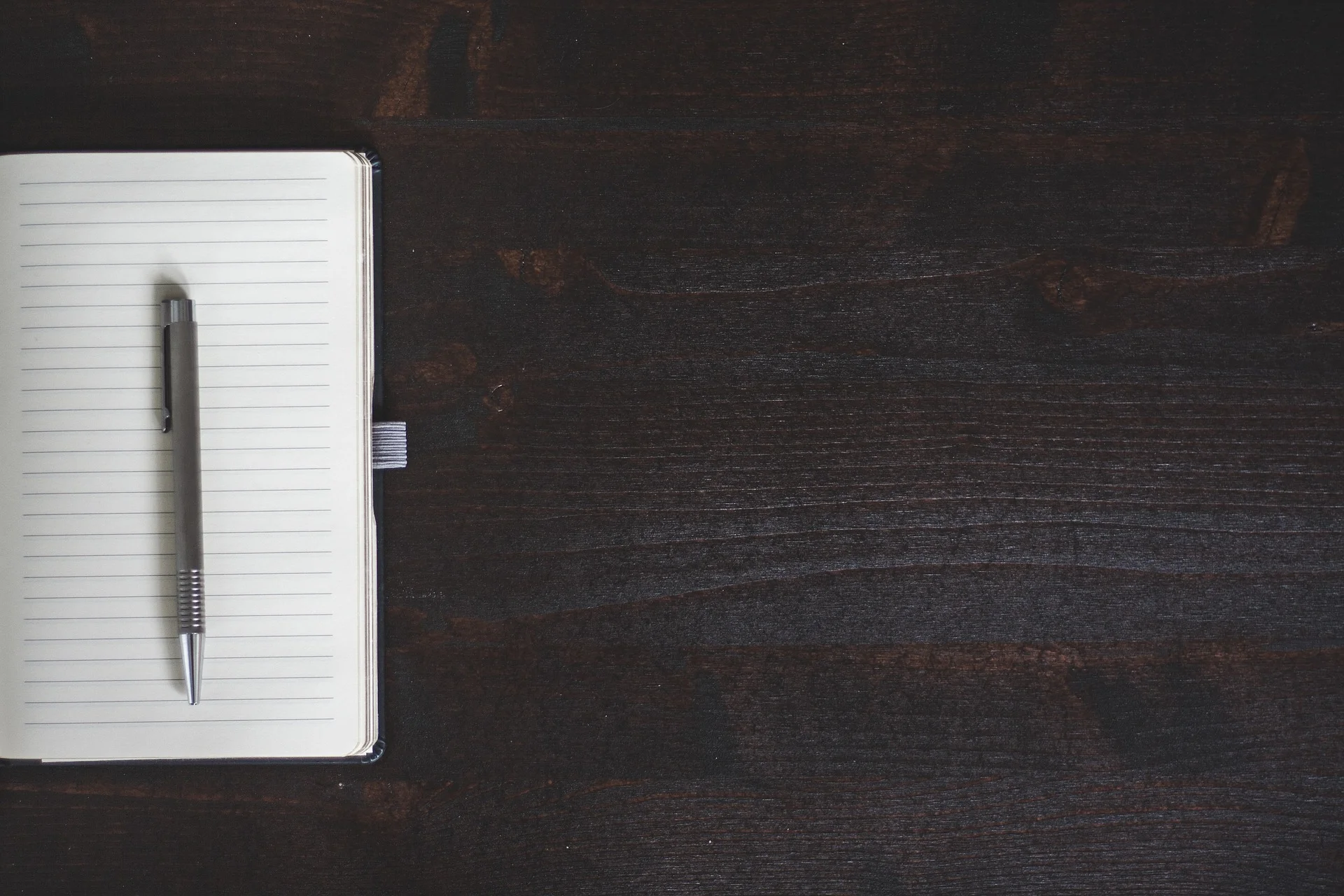Cognitive Therapists use a tool called the Unhelpful Thinking Styles to point out common flaws in human thinking—the kinds of errors that can lead to us feeling miserable. As a therapist, I’ve noticed that not everyone takes to learning these ideas. It is a bit like a physician studying gruesome diseases in order to understand health. I wonder if some people would get better use out of learning them as positive statements—as healthy beliefs rather than dysfunctional ones.
So is it possible to create a list of very powerful ideas that could could create positive effects in our lives? Could we identify ways of thinking that prevent negative emotions rather than offer relief from them after they have already occurred? I believe we can. By reversing some of of the unhelpful thinking styles, drawing on the work of Albert Ellis, and throwing in a dash of ancient philosophy I think we can derive a set of potent and positive ideas. I call these the Twelve Helpful Thinking Styles.
In subsequent blog posts I will be introducing all them. Today I will cover the first, an idea that pertains to our relationship with the vast and awesomely complex universe we find ourselves in.
1. The Principle of Curiosity
Be curious. Learn what you can of the world, but hold lightly to your truths, being ready to discard them if new evidence is found.
Be humble with regard to reality. Seek to understand the world as it really is, but avoid rigidity in your thinking. Avoid concluding that your understanding of anything is perfect, flawless or complete. There is always more to learn.
The world around us is awesome and complex. You could spend your whole life learning the intricacies of one small facet of one tiny corner of the globe. Wonder at this marvelous arrangement. How much better is this than living in a universe that was so easily understood there would be no cause for curiosity or investigation?
You do not need to understand every aspect of the world to live a good life within it. Our understanding of the world around us will always be limited, but that is not a bad thing. We can use what we know to improve our lives, but we don’t need to cling to any truth as dogma. As we find new, helpful information and improved ways of being, doing, and thinking, we can let the old ways go. All evaluations and generalizations should be seen as tentative hypotheses rather than solid facts. Be ready to make adjustments when new information is provided.
In some ways this first thinking style is the most important because without it, the ideas that follow will never take hold. After all, it is theold ways of thinking that have led to whatever problems you are facing now. Being a more effective, happier, less stressed person cannot occur without curiosity and flexible thinking. If you are locked into believing what you have always believed, you will also be locked into being what you have always been. Even in Cognitive Therapy, the client cannot progress unless they are willing to change the thoughts and beliefs that have been holding them back. Without a willingness to consider what it would be like to think a different way—without the spark of curiosity—we would all be stuck exactly where weare.
What this idea will help you avoid:
All humans are prone to engage in motivated reasoning—the tendency to start with a preconceived notion, ignore information that doesn’t go along with it, and manufacture (or cherry-pick) details that seem to support it. But we don’t only do this to defend our cherished beliefs, we also do it to justify the negative views we take of ourselves and others. The nasty little words we equate ourselves with, the rigid rules that hold us back, and stubborn assumptions we make about others—these are all a product of being unwilling to consider the possibility that we might just be wrong about a few things.
What this idea will help you gain:
Curiosity over time yields knowledge. Knowledge collected patiently and carefully applied yields wisdom. This is because flexible thinking will allow you to build an understanding of the world that will be closer to how it really is. You cannot effectively respond to the world without truly knowing it. This is what prevents us from navigating through our lives with an outdated and distorted map. Don’t confuse stubborn clinging to old views as any kind of strength. There is no weakness greater than fearing to know the world as it really is. There is no courage greater than being willing to know reality and embrace it in all its aspects.
Next time: Idea #2: Life is risky. Live anyway.
Let me know what you think. Commenting Available here.

